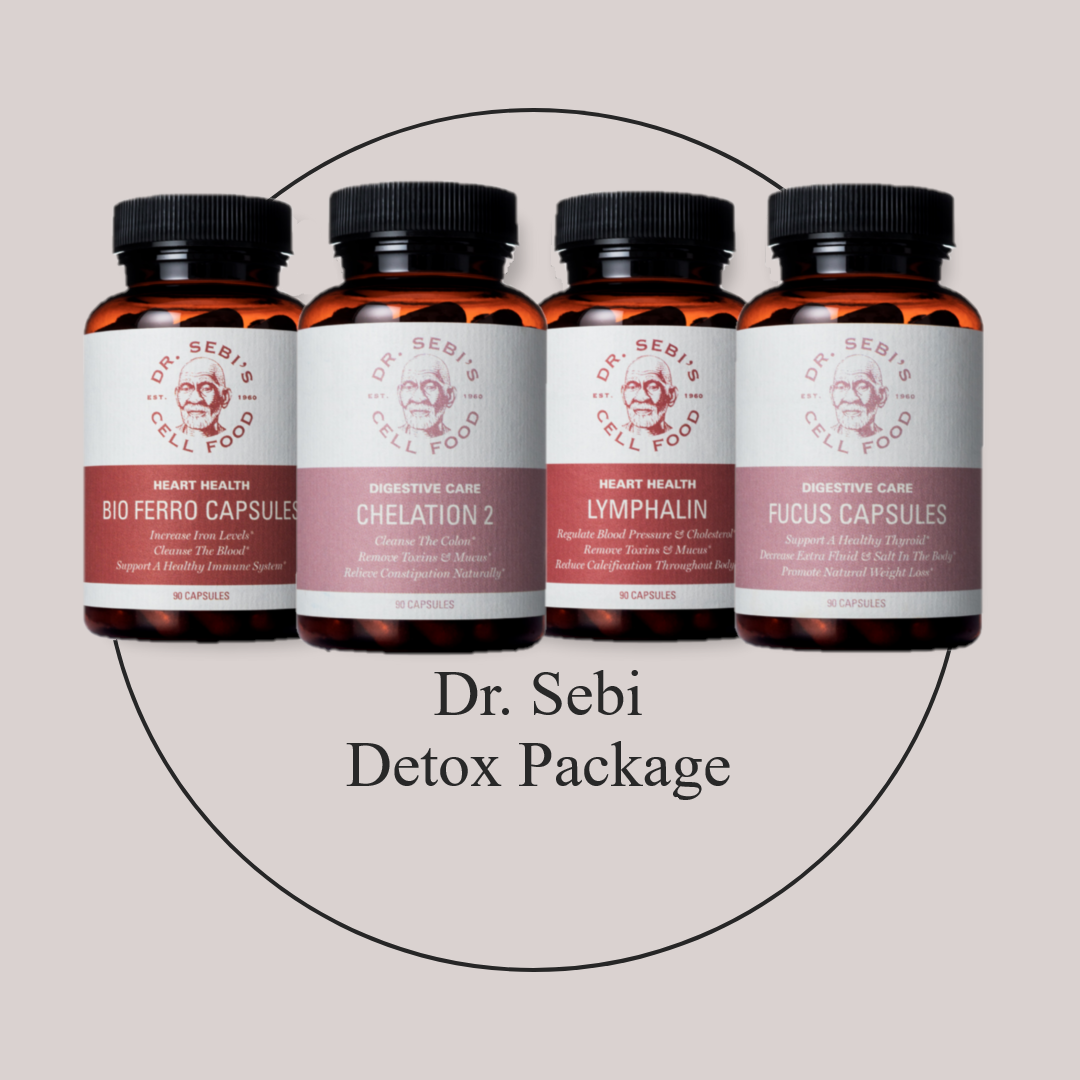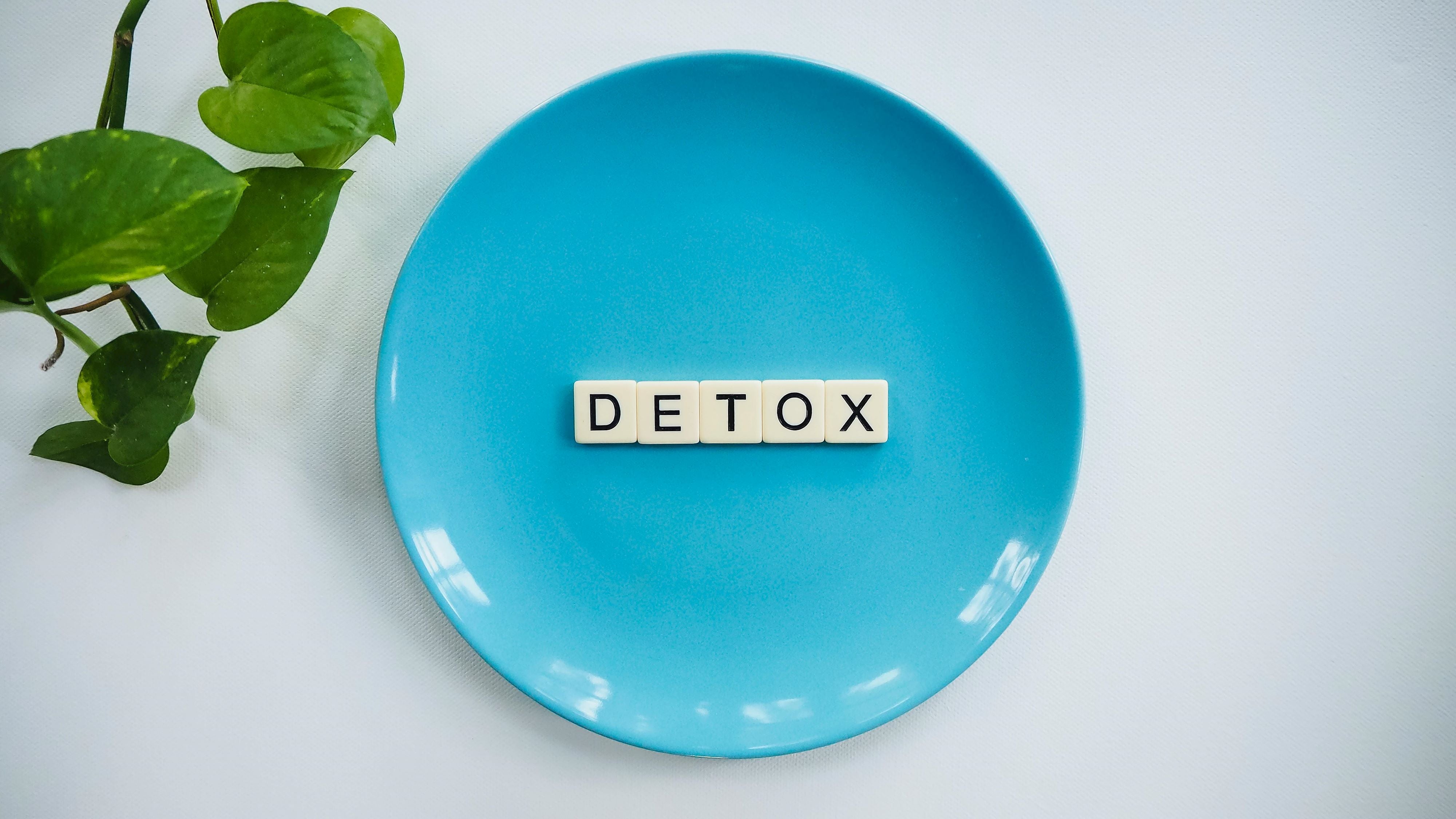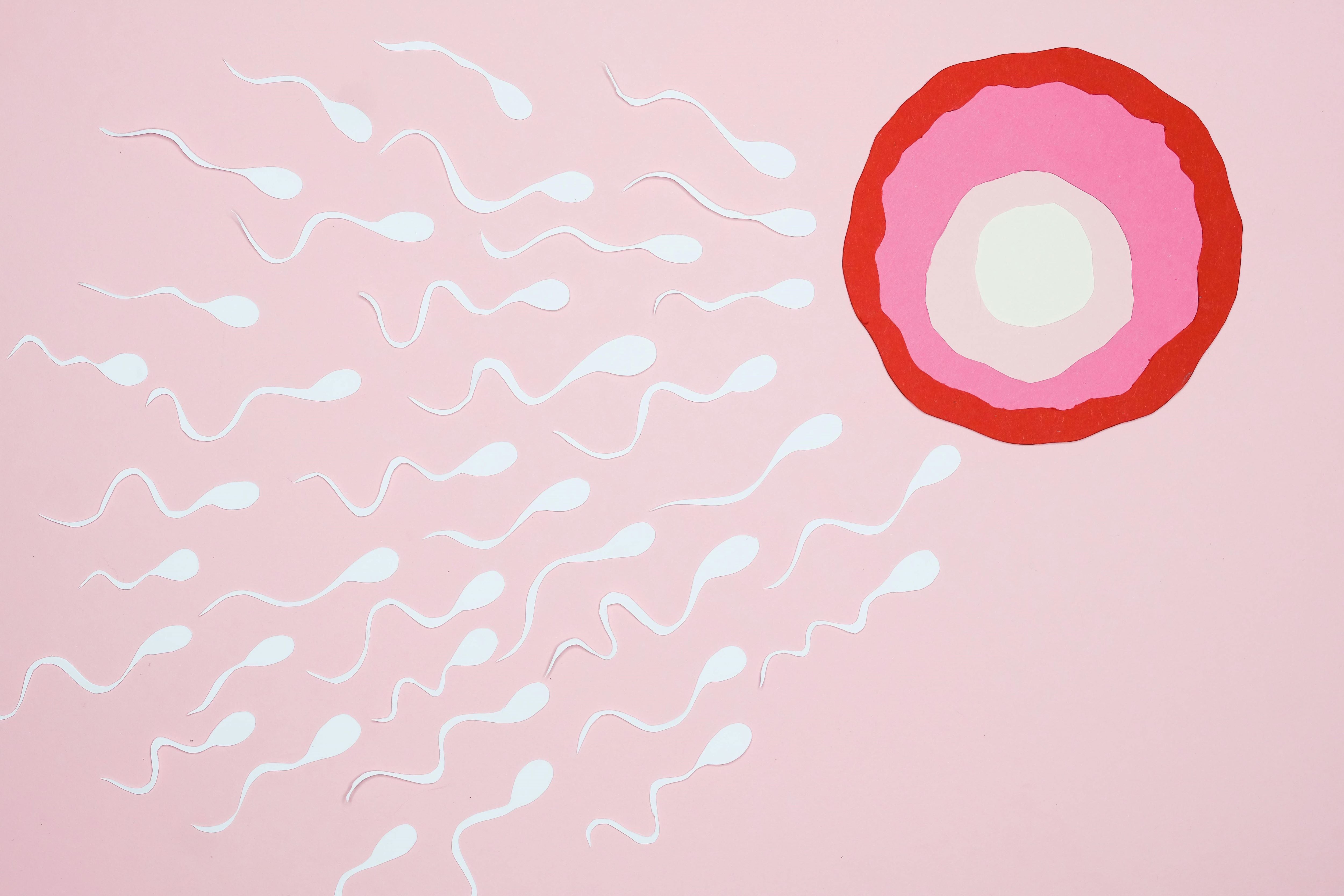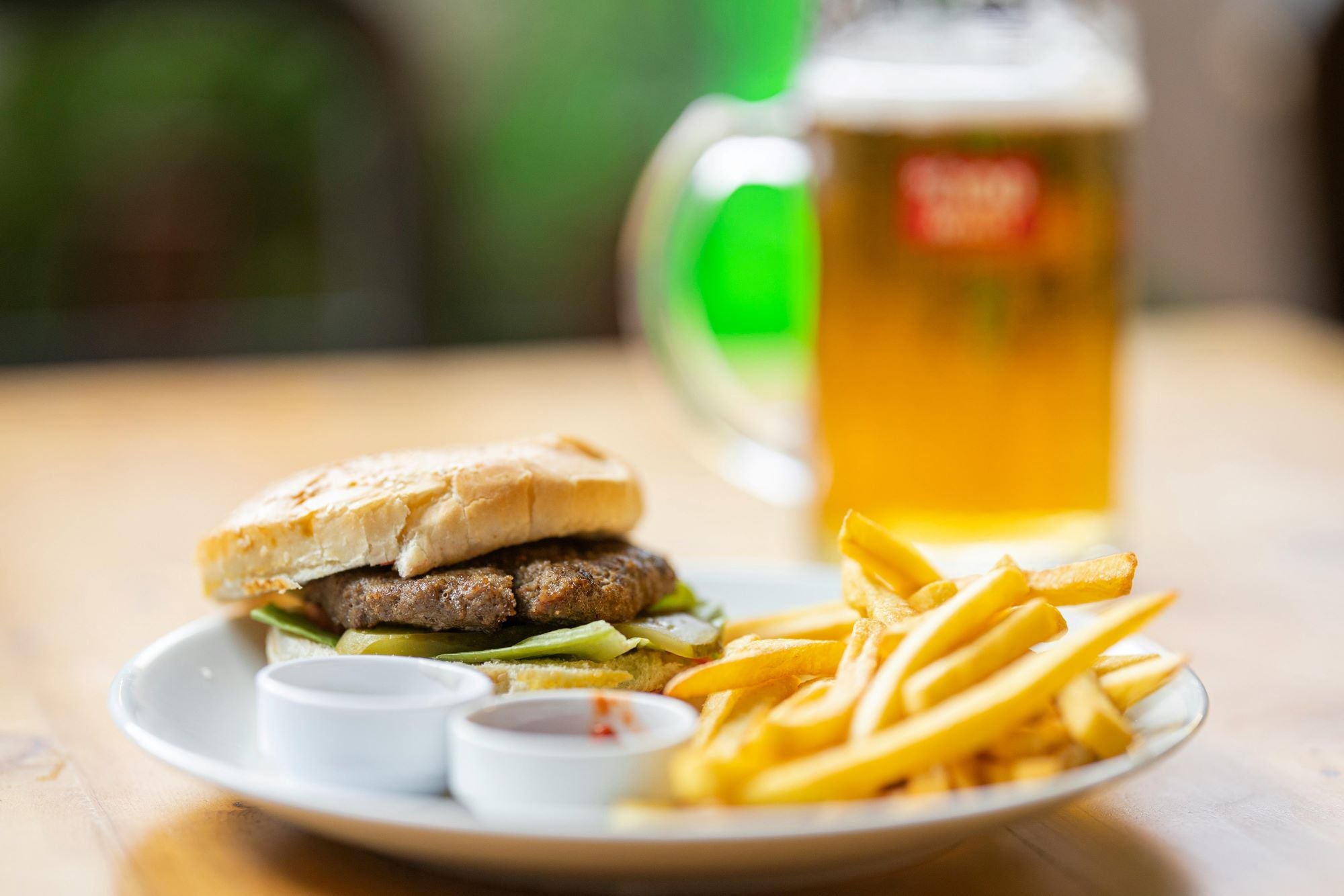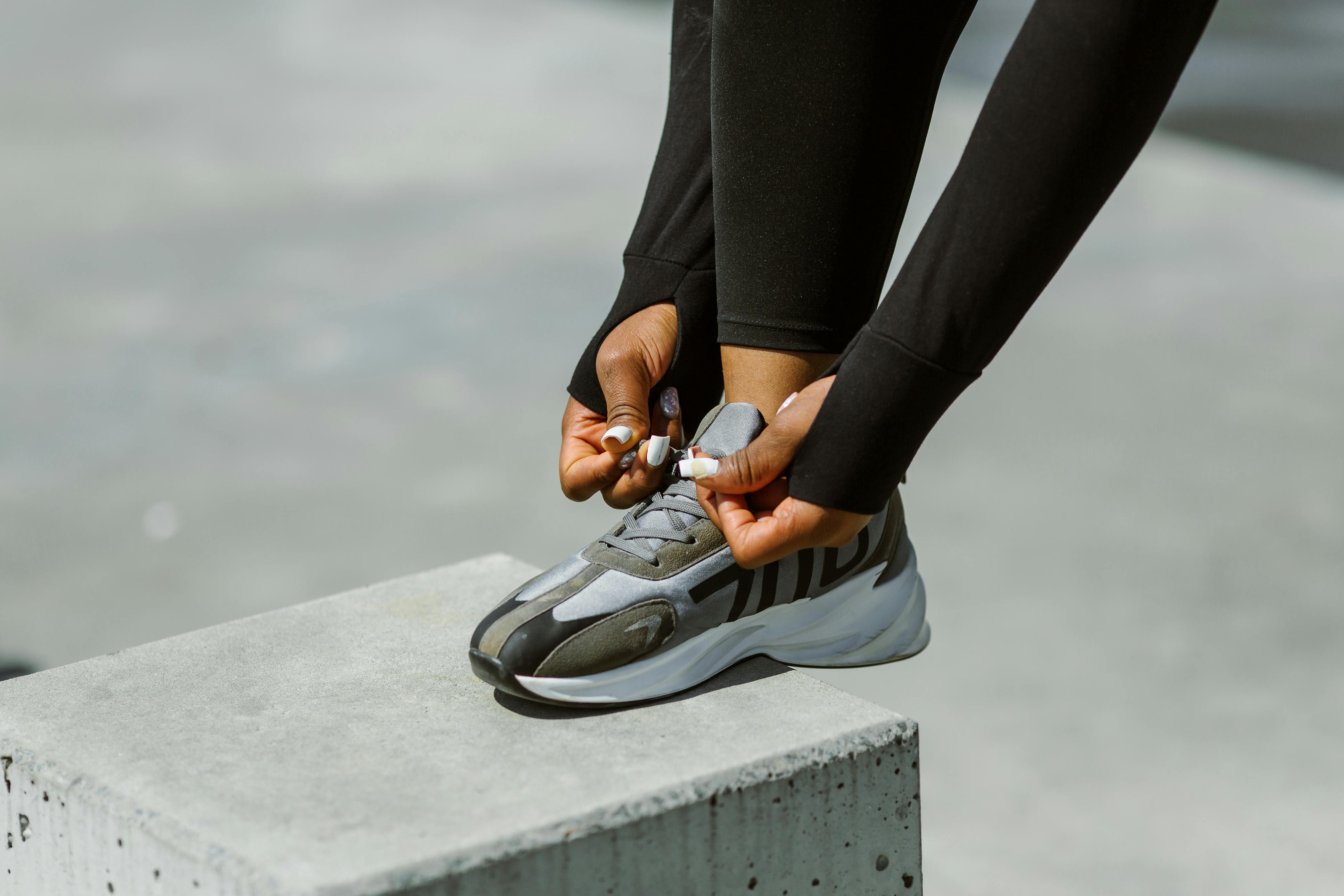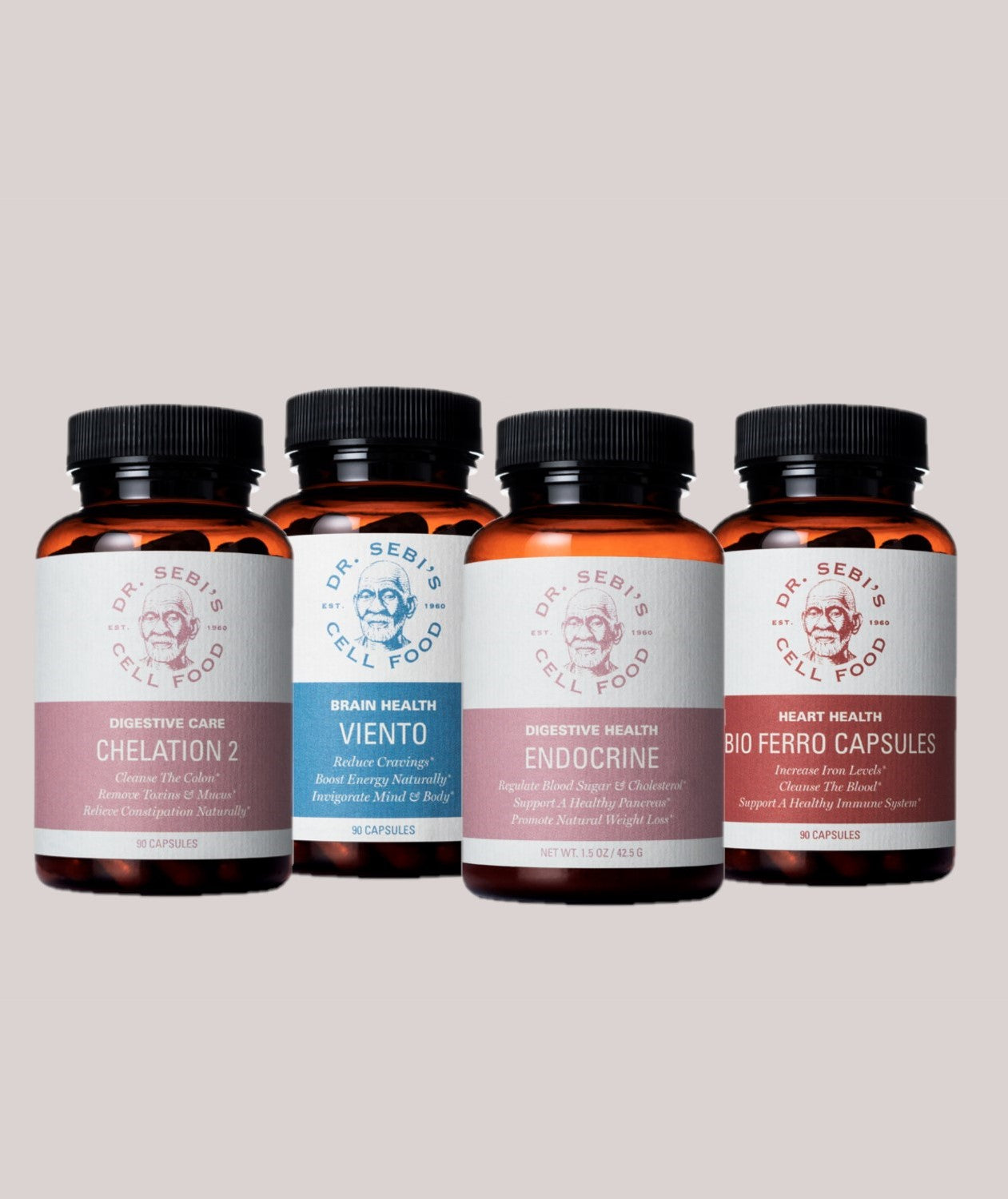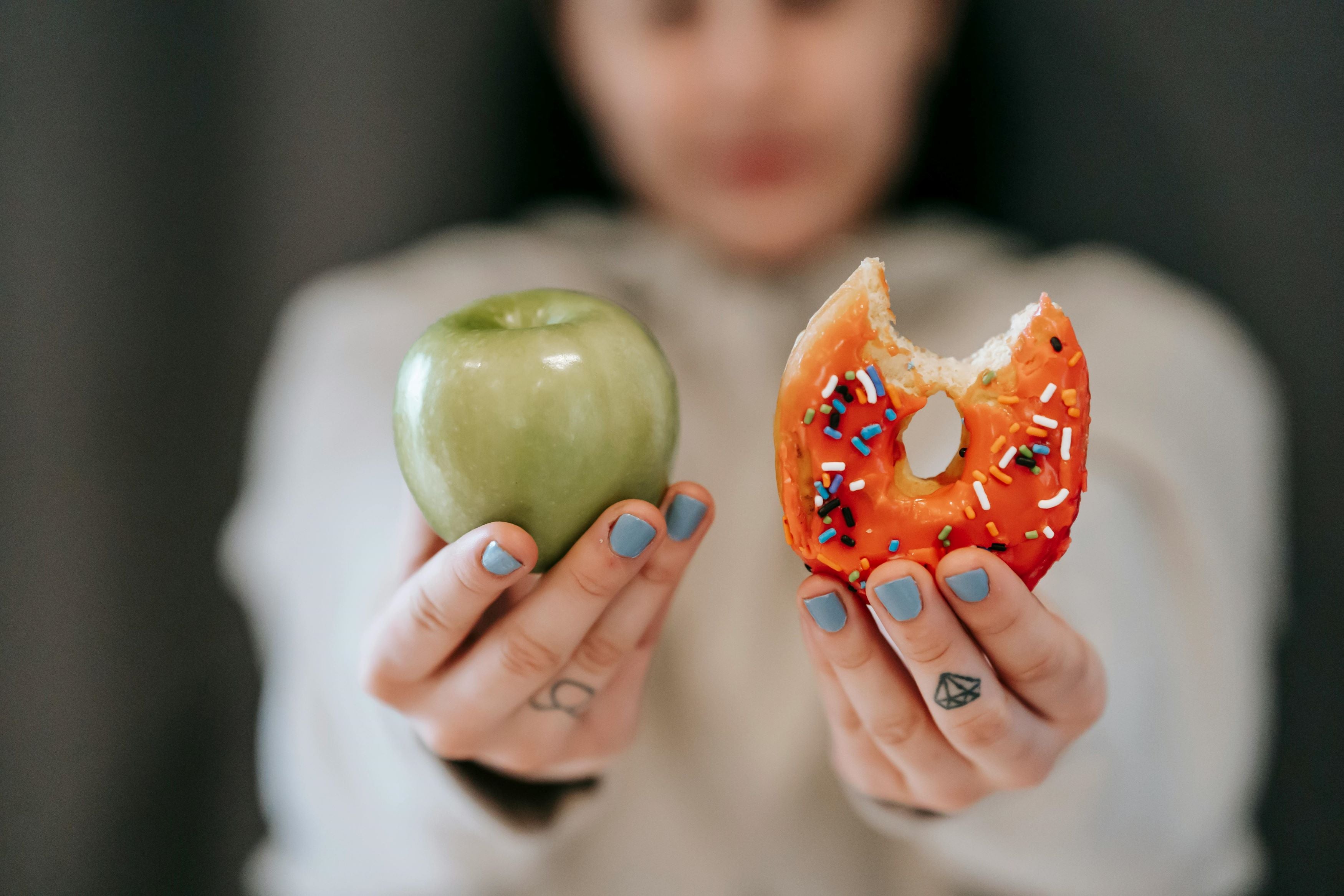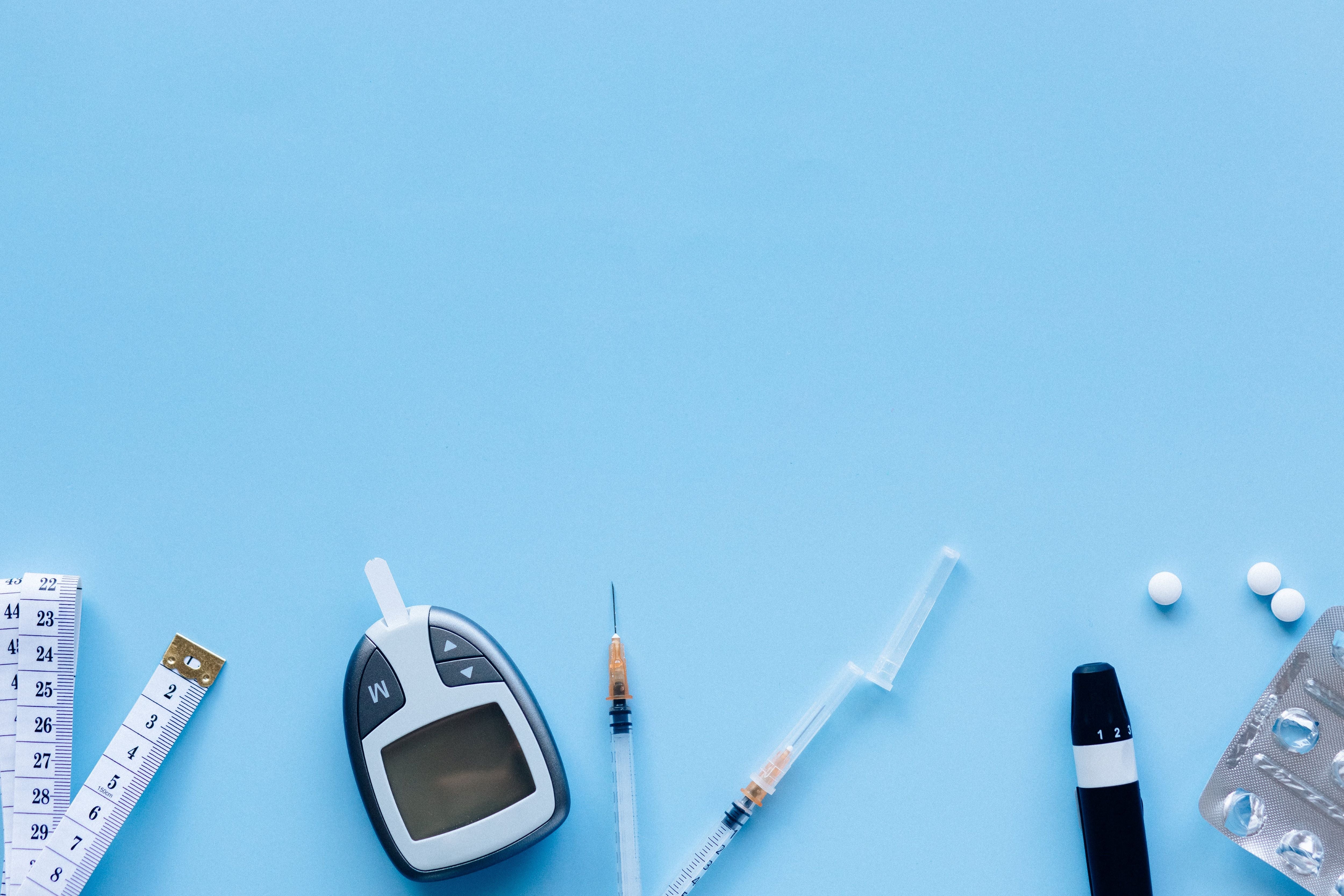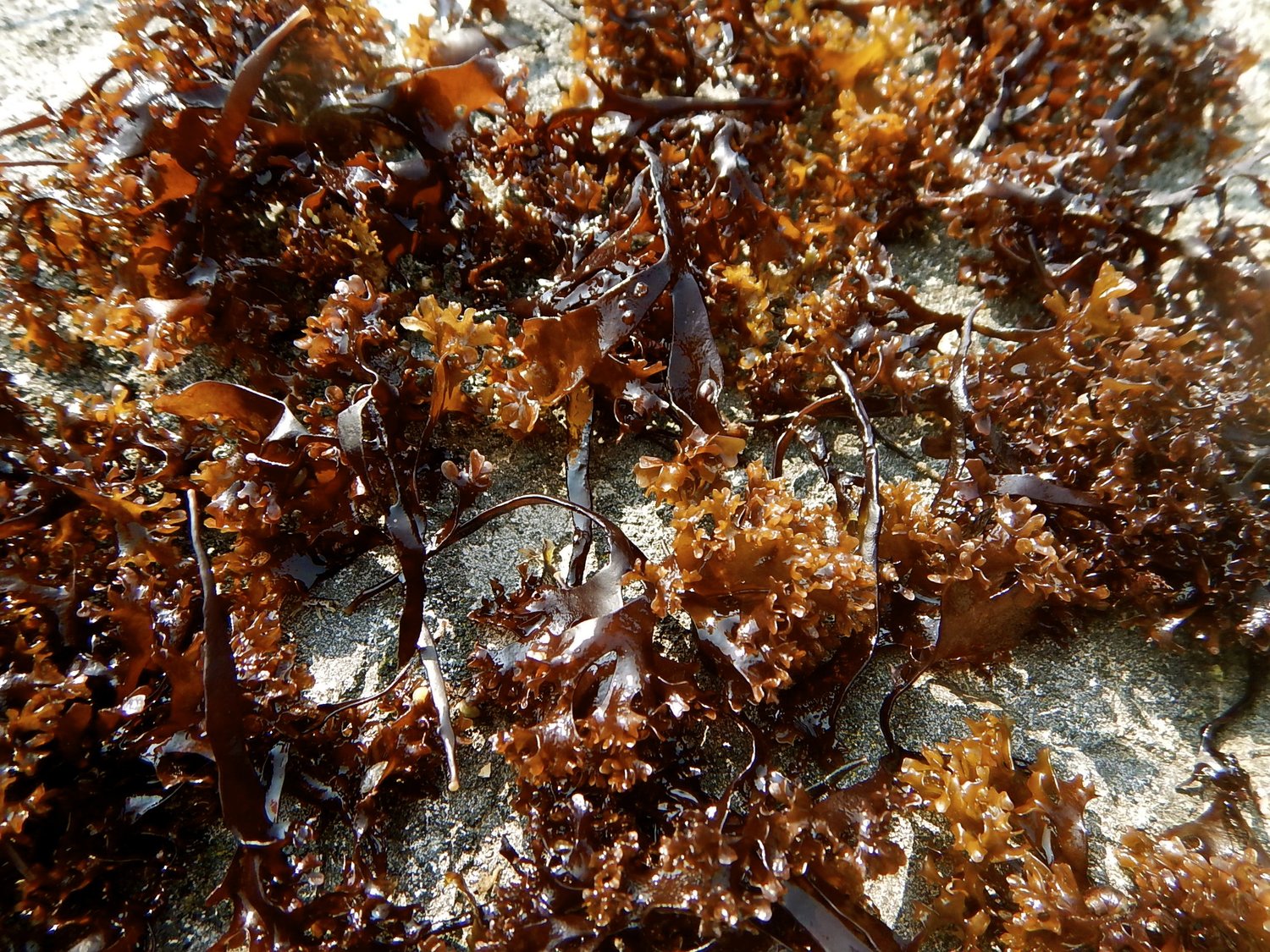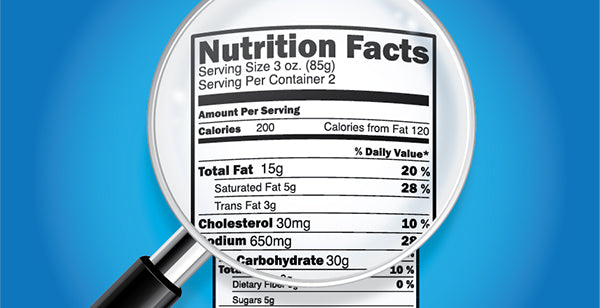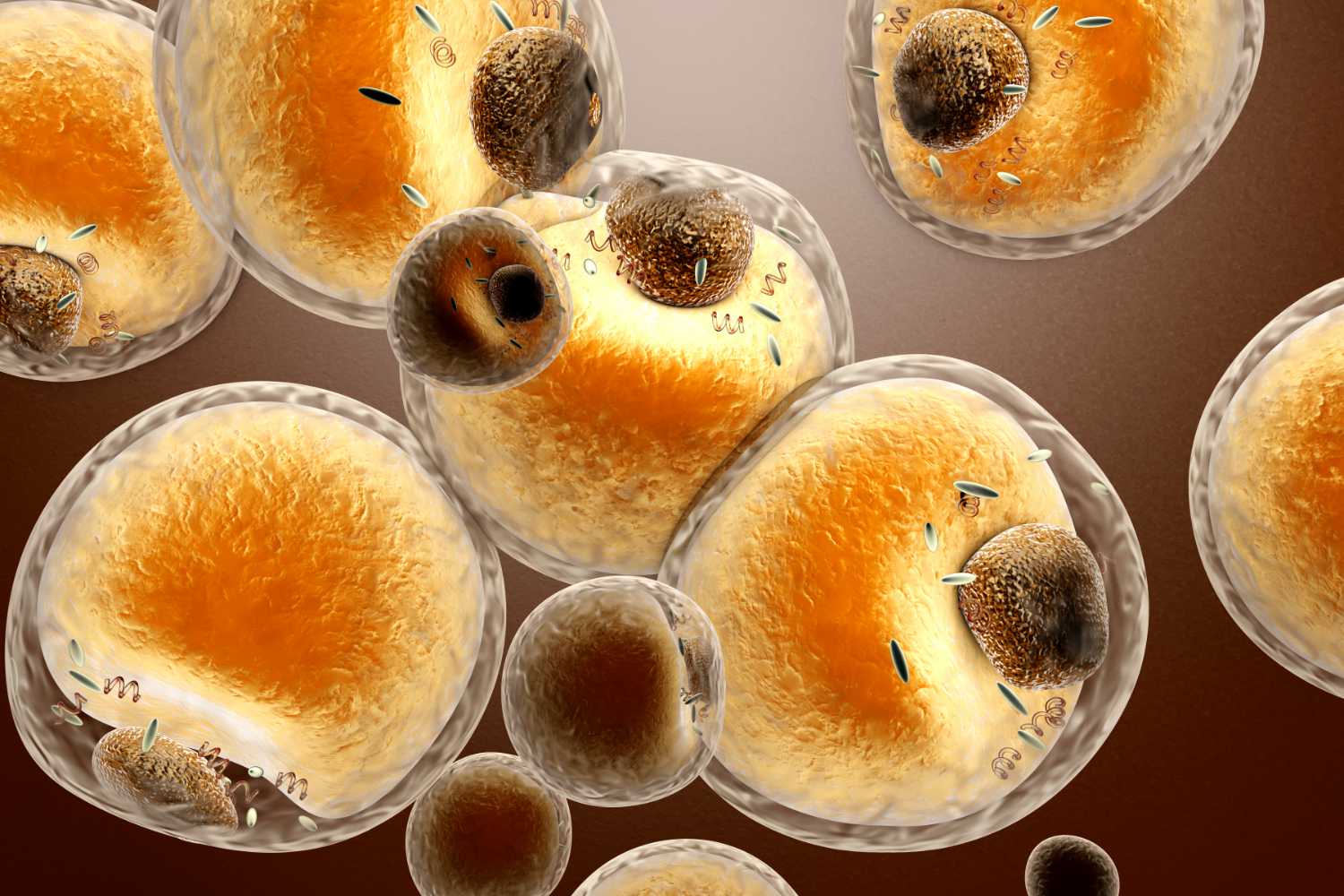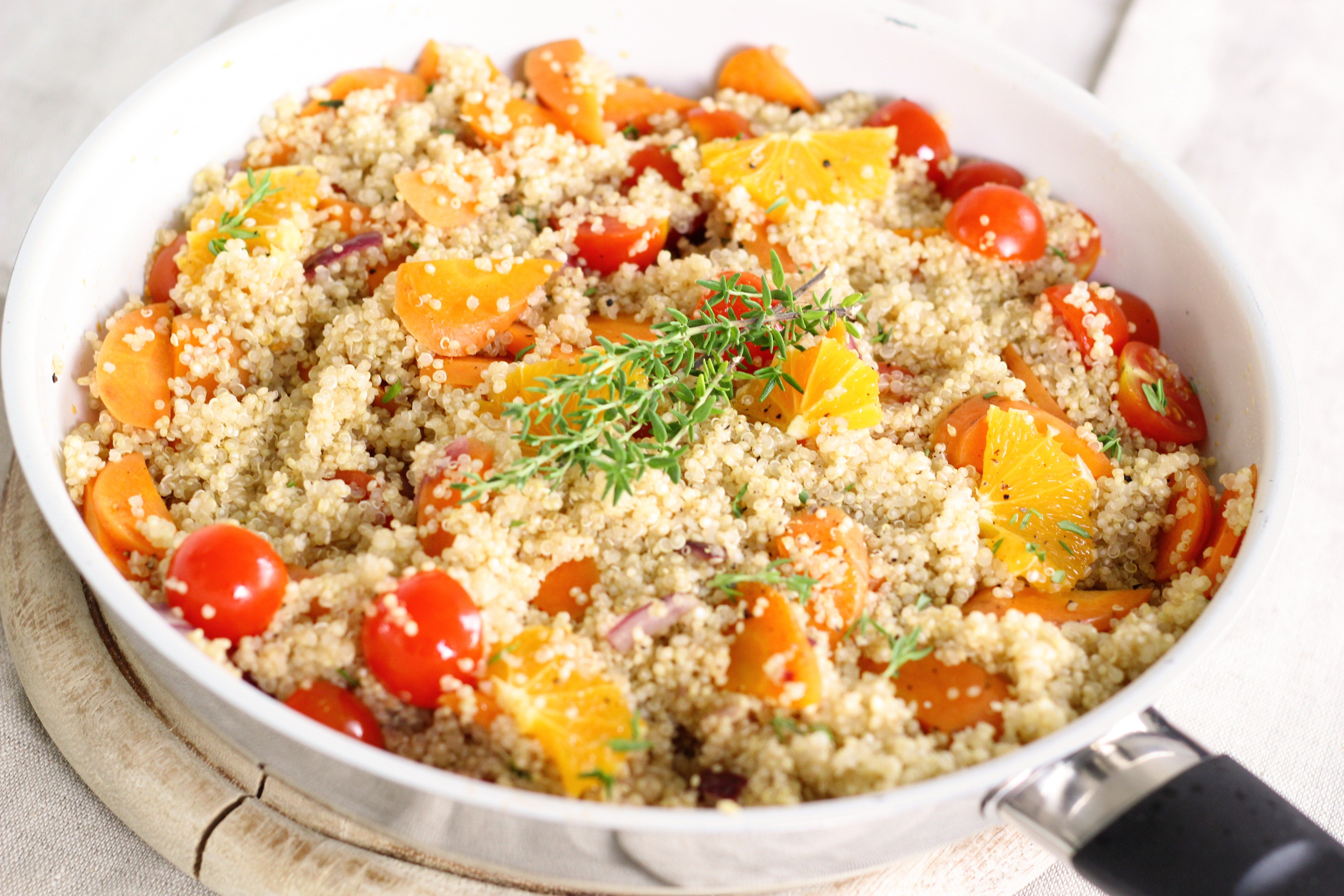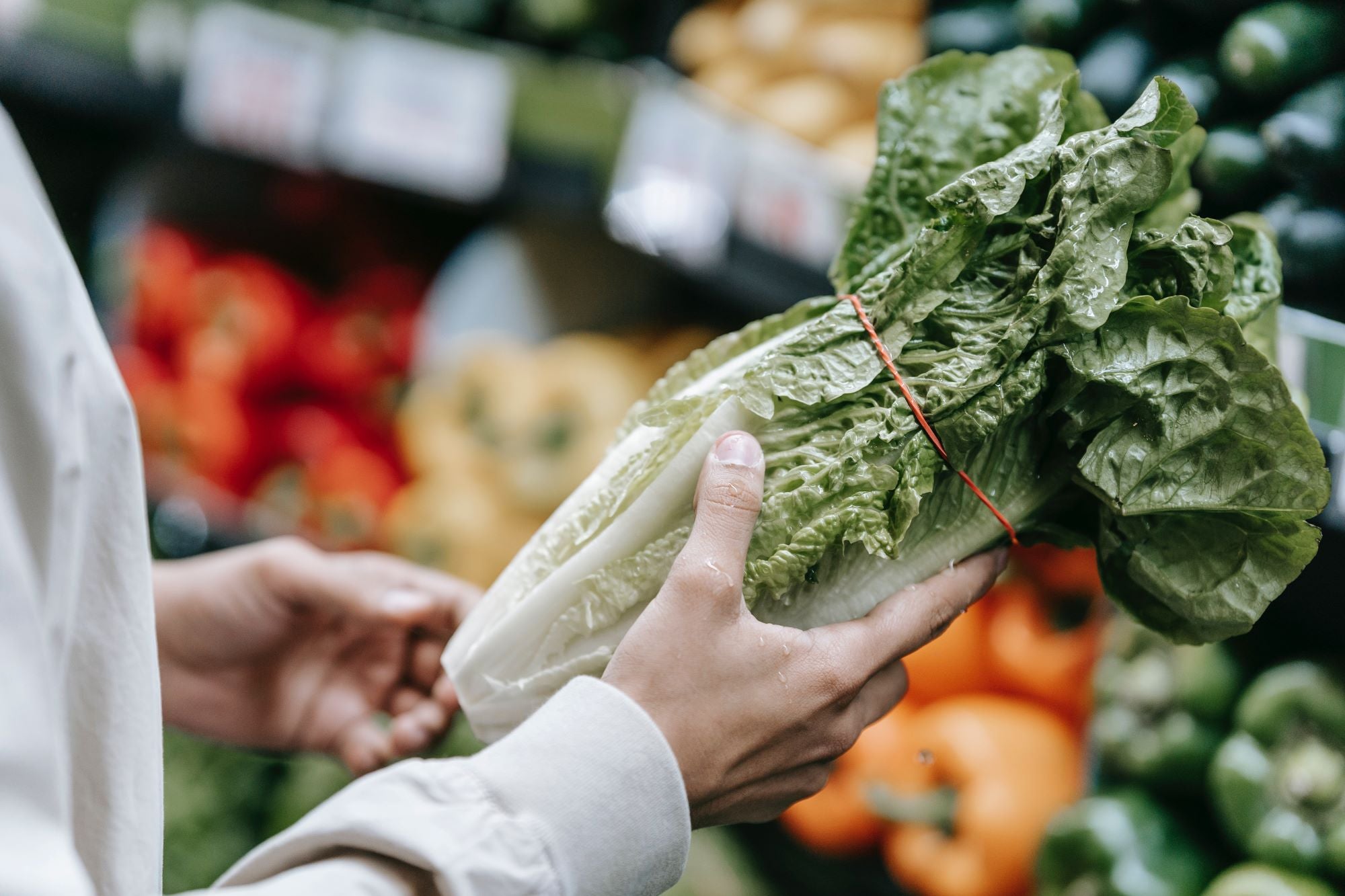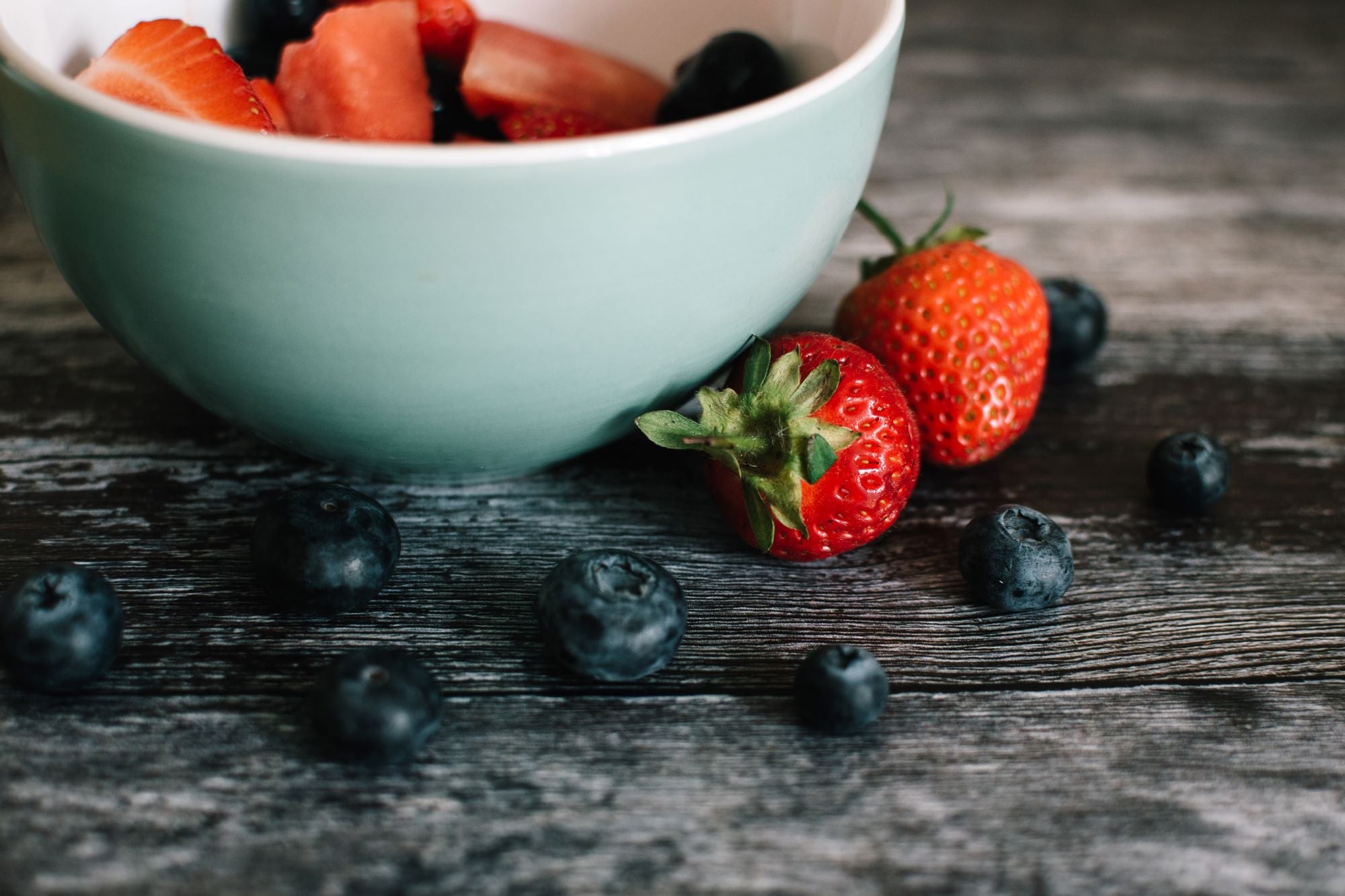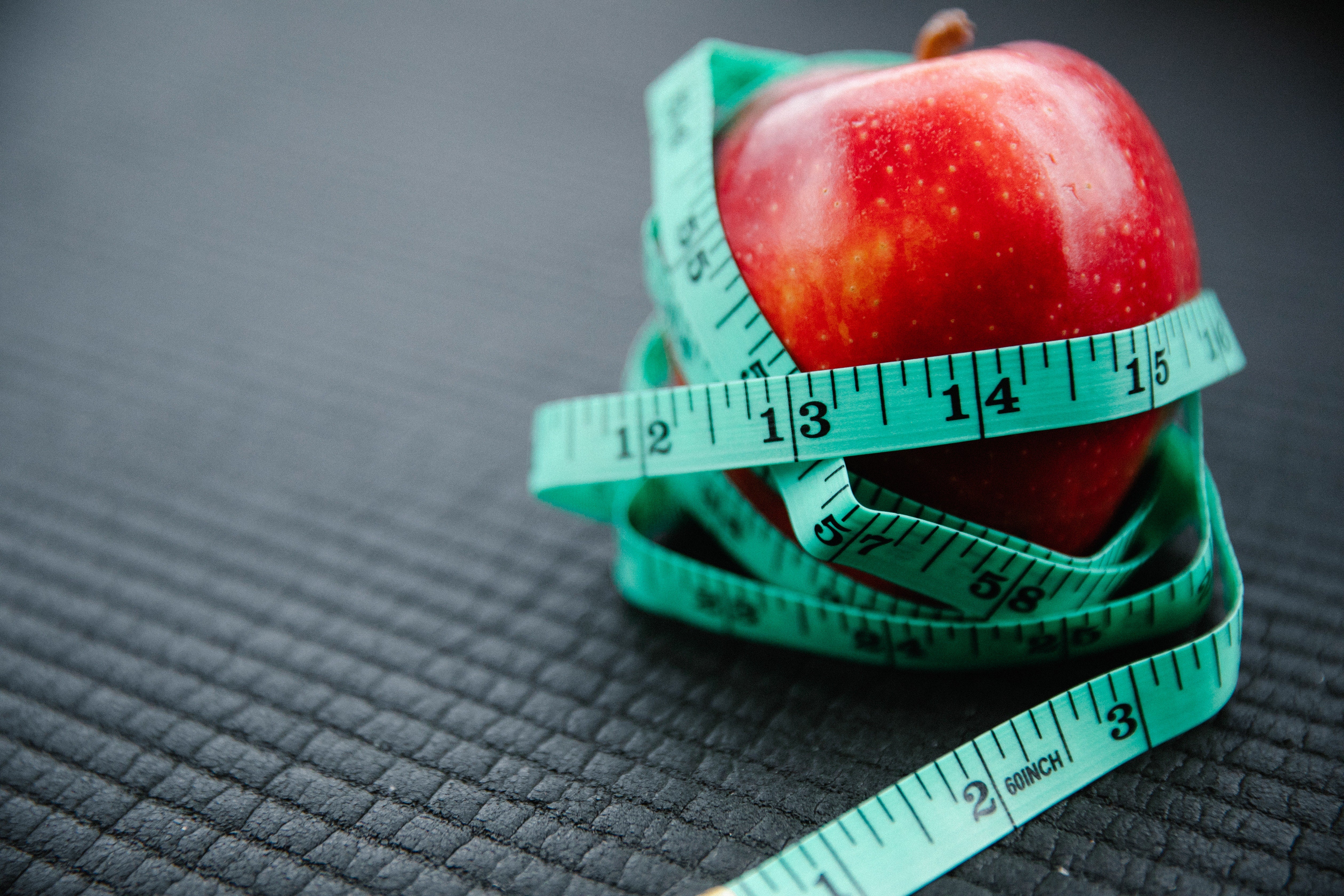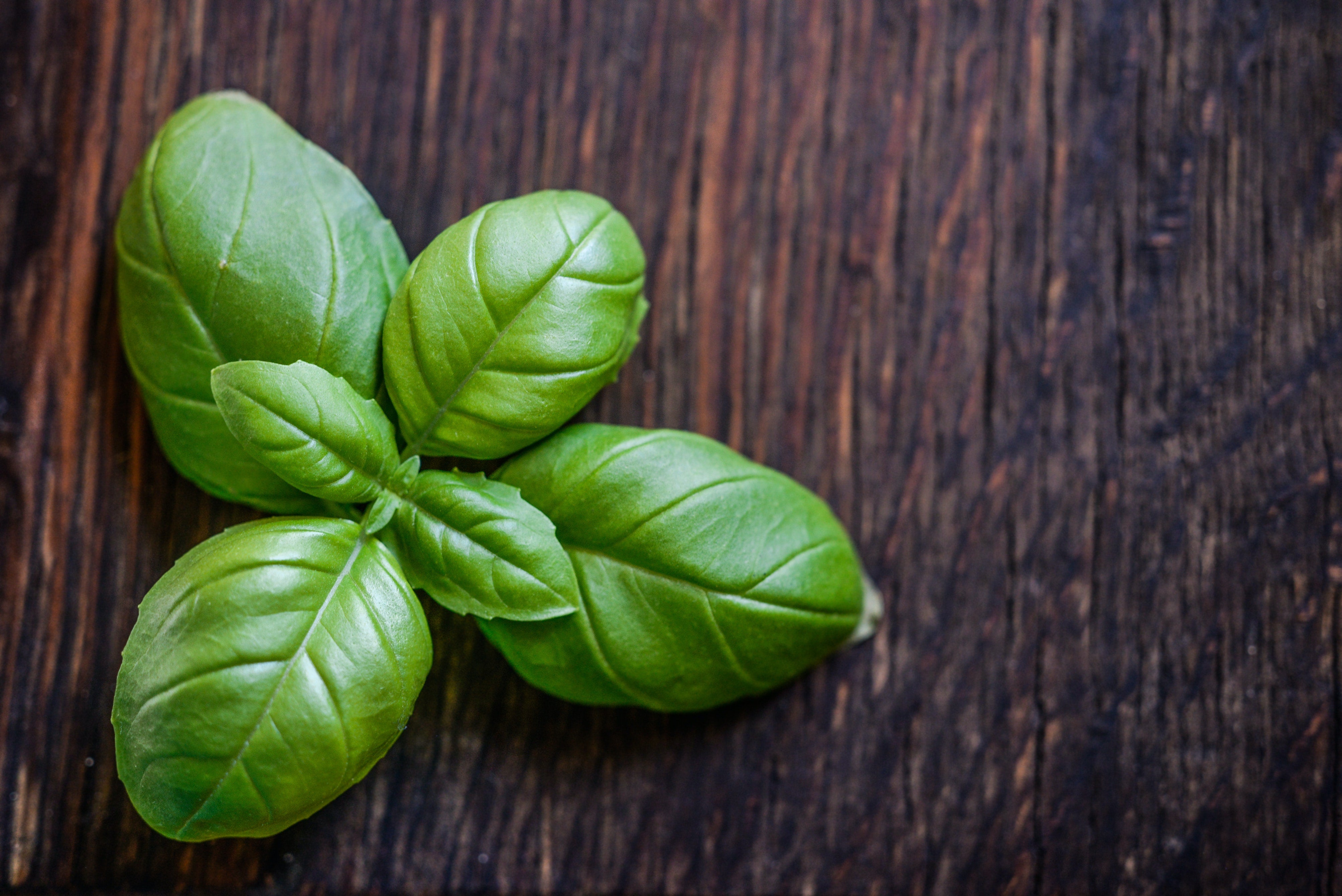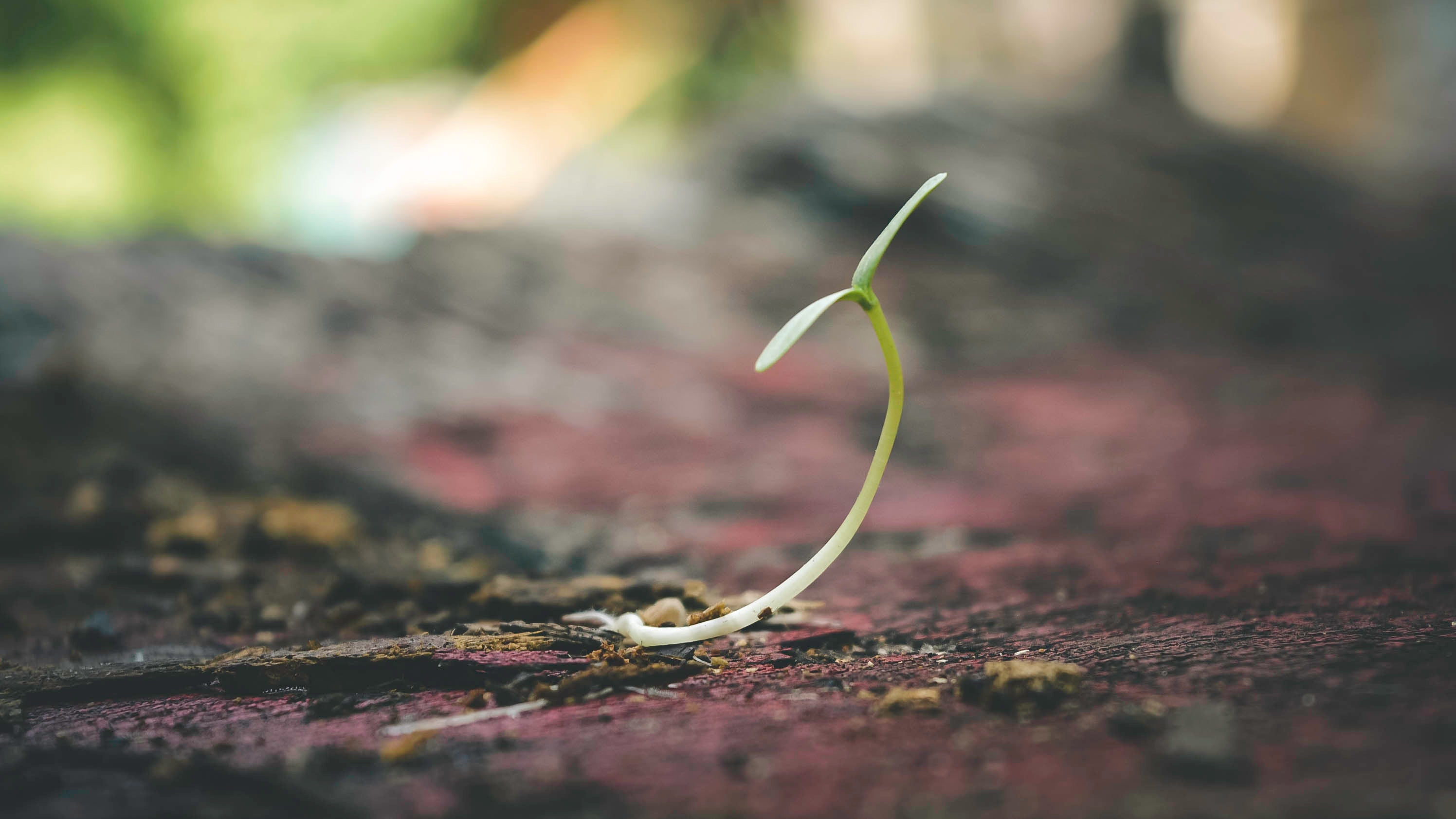Do You Get Enough Nutrients On A Plant-Based Diet?
Whenever you talk to your friends, family, or even to yourself, about taking animal products out from your diet, one of the most common thoughts after perhaps "I just can't do that" or "I love cheese (or bacon)", is that you may think that a plant-based diet is somehow deficient, or you may struggle to maintain your health. So, can you thrive on a plant-based diet?
When it comes to plant-based approaches, people always seem to question: but, where will you get your protein? What about iron? Will you be getting enough calcium without milk? The irony is that a healthy plant-based eater who is mindful of a balanced diet will not only get the nutrients he or she needs but will likely also be getting so many more other good stuff than someone on the standard American diet. Besides all the extra nutrients, people who follow a plant-based diet will also minimize the risk of consuming anything that is mucus-forming and acidifying.
The truth is that all animal products are acidifying when ingested. The human body was not designed to process meat or dairy. There are no animal-based foods that are alkalizing in the body. When eaten, meat and dairy products cause the body to become more acidic and throw off the natural alkaline balance intended for the body, resulting in other health issues. This is precisely why Dr. Sebi advocated a plant-based diet.
Dr. Sebi's diet focuses on strictly excluding these toxic, processed, and acidifying foods, and replacing them with organic, natural, and healthy foods that the body can process and can help to cleanse the system.
Top Concerns When Following a Plant-Based Diet
Protein
Without a doubt, the number one concern people have about eating plant-based is if it can provide enough protein. But, honestly, getting adequate amounts of protein eating a plant-based diet isn't hard. First of all, despite what meat producers would have you believe, the human body doesn't need nearly as much protein as you'd think. Second of all, almost everything you eat has some degree of protein in it. Plant-foods contain everything your body needs for the structure, function, and regulation of the body's tissues and organs, including building and repairing muscle, and supplementing with Dr. Sebi's Bromide Plus Powder and Green Food can help you reach all your nutritional needs on a plant-based diet. However, if you are still worried about muscle-loss, these are some staples you can include on a day to day basis to make sure your protein needs are covered:
- Chickpeas. Also known as garbanzo beans, they pack quite a punch of protein, and other nutrients such as complex carbs, fiber, iron, folate, phosphorus, potassium, manganese, and several beneficial plant compounds. You can enjoy them with a side salad in this hearty Chickpea Loaf.
- Ancient Grains. Grains belonging to this category, like spelt, teff, amaranth, and quinoa, are excellent sources of complex carbs, fiber, iron, magnesium, phosphorus, zinc, selenium, and manganese. You can enjoy flour made from these grains, and you can also have them cooked, as salad toppers, like hot cereal, or add them to smoothies. The possibilities are endless! These Alkaline-Electric Cookies are divine with a glass of homemade walnut milk.
- Wild Rice. One cooked cup of wild rice provides a good amount of fiber, manganese, magnesium, copper, phosphorus, and many other nutrients. Try eating wild rice in our version of Stuffed Peppers. We are sure you'll love it!
- Mushrooms (all kinds, except shiitake). Due to their "meaty" texture, mushrooms are a common alternative for meat in a plant-based diet. What about a Tuesday Taco Night? Fill your (approved-grain) tortillas with these Sauteed Mushrooms for a protein-packed dinner!
- Nuts and nut butter. Nuts approved by the Nutritional Guide are very nutritionally dense foods, as they contain a significant amount of healthy fats and other beneficial nutrients. Adding a tablespoon of walnut butter to your morning smoothie is a great way to start your day.
Vitamins
For years, vitamin supplements were recommended commonly by Western doctors. People were so used to taking mega doses of vitamin C whenever they felt a cold coming or popping a multi-vitamin every morning "just to be safe". Vitamins are natural trace-compounds found naturally on food, so when you adhere to a diet based on fresh fruits and vegetables, like the one outlined in Dr. Sebi's Nutritional Guide, you don't need to use artificially-made vitamin supplements. A supplement made in a laboratory is a chemically inert, non-electric substance that won't do your body any good. As Dr. Sebi said, "there is no vitamin in the world that is made by man that compliments the human body. Because it does not have the electricity that it should have, just like naturals plants have".
Calcium
Calcium plays a crucial role in your body. It's well known for its ability to build and maintain your bones. Yet, this mineral is also essential for muscle contraction, blood pressure regulation, nerve transmission, and blood clotting. Calcium has been marketed and attributed to being an exclusive dairy nutrient, which makes people in plant-based diets worry. That's nonsense! There are plenty of plant-based foods that are rich in calcium, like:
- Chickpeas. Garbanzo beans are not only rich in calcium, but they're also rich in other nutrients, including iron, zinc, potassium, magnesium, and folate.
- Nuts and seeds. Nuts like walnuts and Brazil nuts, as well as seeds like sesame (and raw homemade tahini butter), are rich in calcium, and they are also good sources of fiber, healthy fats, and protein. What's more, they're rich in antioxidants and contain good amounts of B vitamins, magnesium, copper, potassium, and selenium, as well as vitamins E and K. Eating nuts regularly may help you lose weight, lower your blood pressure, and reduce risk factors for metabolic diseases, such as type 2 diabetes and heart disease.
- Ancient grains. Spelt, teff, amaranth, and quinoa contain a lot of calcium. They're also rich in fiber and can be incorporated into a wide variety of meals.
- Sea vegetables. Adding seaweed to your diet is another way to increase your calcium intake. Wakame, nori, hijiki, dulse, and arame, are all approved in Dr. Sebi's Nutritional Guide. If you are unsure about their flavor, or how to incorporate them into your diet, try Dr. Sebi's Wakame Salad.
- Green vegetables. Approved green vegetables like amaranth and dandelion greens, lettuce (all kinds, except iceberg), wild arugula, watercress, purslane, and okra, are all rich in calcium. Try this fresh, scrumptious Wild Arugula Salad, and let us know what you think!
- Some fruit. Some varieties of fruit contain good amounts of calcium, like figs, currants, Seville oranges, blackberries, and raspberries. Give this yummy Mini Blackberry "Cheesecakes" a try, and we swear, you won't miss the dairy!
Iron
Iron is also often brought up as a nutrient of concern. This most certainly is a valid concern because there is a relationship between some cases of iron deficiency and a plant-based lifestyle. While low iron levels are not necessarily a concern for all vegetarians, there are some who find it a challenge to obtain enough dietary iron without eating meat. This doesn't mean it is impossible, though, just that it takes a little work and understanding of which foods contain iron, along with an awareness of how to best promote its absorption.
Some plant-based foods that contain iron are:
- Roasted walnuts
- Chickpeas (garbanzo beans)
- Cherry and plum tomato puree
- Sesame seeds
- Raw homemade sesame "tahini" butter
- Green leafy vegetables like amaranth, turnip, and dandelion greens, watercress, wild arugula, lettuce (all kinds, except shiitake).
Some people might have problems absorbing enough iron, so check out for symptoms like fatigue, dizziness, cold hands and feet, shortness of breath, lack of appetite, and strange food cravings (like dirt or clay). If you feel like you might be iron deficient, try Dr. Sebi's Iron Plus and Bio Ferro, both of which can increase your iron absorption levels.
The bottom line is that eating a plant-based diet doesn't have to mean that you'll be lacking nutrients or health. A well-planned plant-based diet, like the one Dr. Sebi proposed, is the pathway to health and longevity.










